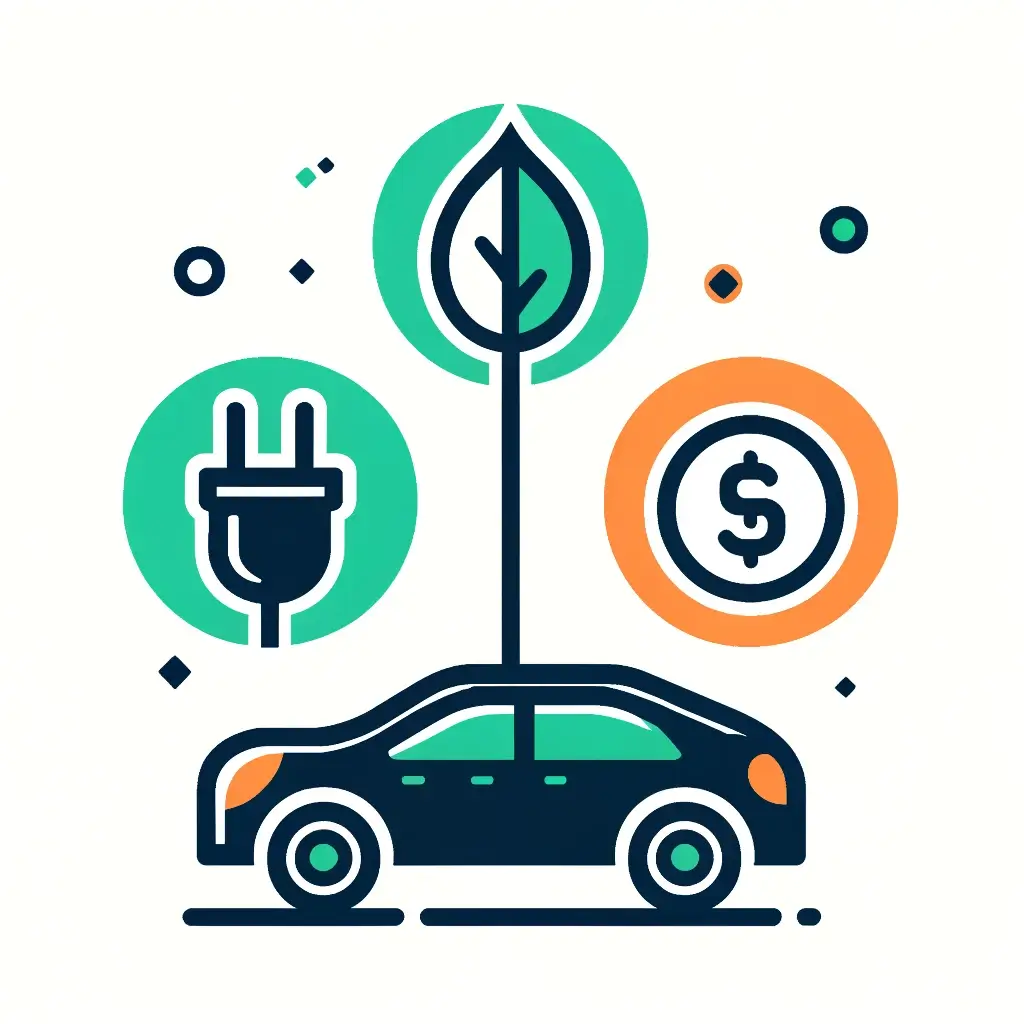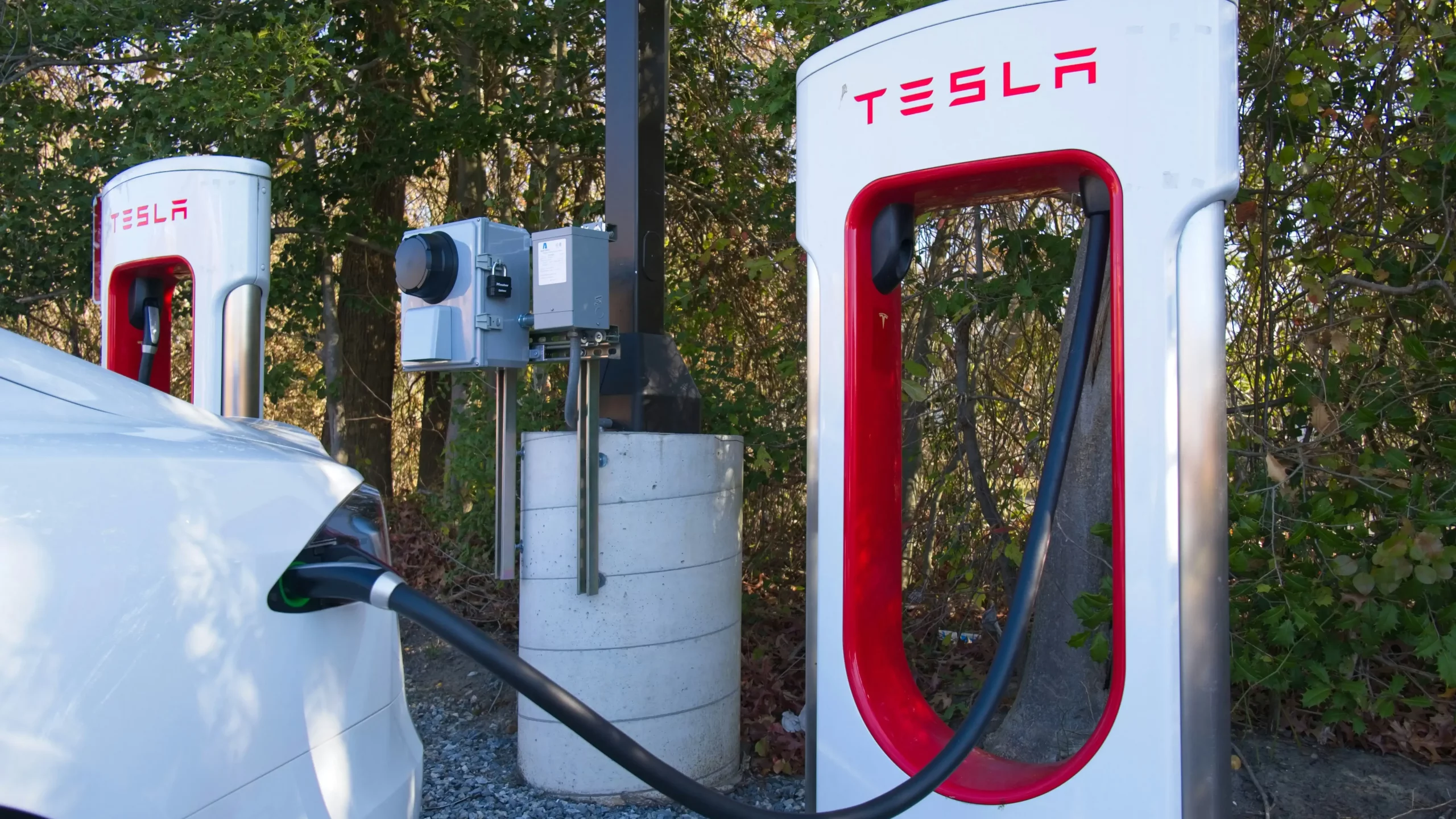Worried about the high upfront cost of electric vehicles?
Many potential EV buyers share this concern. However, a variety of EV tax credits and incentives are available that can make these green vehicles more affordable.
Learn how federal and state-level programs can ease your financial burden and help you transition to an electric vehicle.

👉 GET YOUR “EV Tax Credits Unlock Now Amazing Savings” PDF RIGHT NOW! 👈
WHAT is the EV Tax Credits
The electric vehicle (EV) tax credit is a federal program intended to make EVs more affordable by reducing their purchase price.
According to the U.S. Department of Energy, the credit amount can be as much as $7,500, varying based on the vehicle’s battery size and the automaker.
Federal EV Tax Credits Details
The federal EV tax credit amount varies based on the specific model and its battery size.
The credit starts to phase out for manufacturers once they have sold 200,000 qualifying vehicles in the U.S.
As of now, major brands like Tesla and General Motors have already reached this cap, reducing the available credit for their models.
Expert Insight:
“Expanding our electric vehicle infrastructure is crucial for reducing our carbon footprint and promoting sustainable transportation,”
– Michael Regan, EPA Administrator. Source: U.S. Department of Energy

State-Specific Incentives
In addition to the federal tax credit, many states offer their own incentives to promote electric vehicle adoption.
These can include:
- Rebates and Incentives:
States like California, New York, and Colorado offer rebates ranging from $1,500 to $5,000 for the purchase of electric vehicles. - EV Tax Credits:
Some states provide additional tax credits that can be claimed on your state tax return. - HOV Lane Access:
Many states allow electric vehicles to use high-occupancy vehicle (HOV) lanes regardless of the number of occupants, helping to reduce commute times. - Emissions Inspection Exemption:
Electric vehicles are often exempt from emissions testing requirements, saving owners money each year.

North Carolina’s Role in EV Adoption
While North Carolina does not currently offer a state-specific EV tax credit, residents can still benefit from several state-level incentives and programs:
- Duke Energy EV Charging Station Rebate:
Duke Energy offers rebates for residential customers who install Level 2 EV charging stations at their homes. Qualifying customers can receive a rebate of up to $500. - Emissions Inspection Exemption:
Electric vehicles in North Carolina are exempt from the state’s emissions inspection requirements, saving owners money each year. - HOV Lane Access:
Qualifying electric and plug-in hybrid vehicles can use high-occupancy vehicle (HOV) lanes, reducing commute times.

Lesser-Known Benefits
Many websites focus on the primary financial incentives, but there are several other benefits to consider:
- Lower Maintenance Costs:
EVs have fewer moving parts than traditional vehicles, leading to lower maintenance and repair costs over their lifetime. - Fuel Savings:
Electricity is cheaper than gasoline, resulting in significant fuel cost savings for EV owners. - Potential Insurance Discounts:
According to industry sources, some insurance companies provide discounts for electric vehicle owners because of the advanced safety features that are commonly found in EVs.
How to Qualify for the Federal EV Tax Credits
To qualify for the federal EV tax credit, you must purchase a new, qualifying electric vehicle.
The credit is claimed on your federal tax return for the year in which you purchased the vehicle.
It’s important to keep all purchase documents and consult with a tax professional to ensure you receive the full benefit.
Dr. Daniel Sperling, a transportation expert at the University of California, Davis, notes:
“The financial incentives and specialized loan programs are crucial for accelerating the adoption of electric vehicles. They help overcome the initial cost barrier and make EVs more accessible to a wider audience.”
| Vehicle Model | Battery Cap. (kWh) | Fed. Tax Credit | KBB Rating |
|---|---|---|---|
| Tesla Model 3 | 75 | $7,500 | 4.7 |
| Nissan Leaf | 40 | $7,500 | 4.4 |
| Chevrolet Bolt EV | 66 | $7,500 | 4.6 |
| Hyundai Kona Electric | 64 | $7,500 | 4.5 |
| Ford Mustang Mach-E | 88 | $7,500 | 4.8 |
| Volkswagen ID.4 | 82 | $7,500 | 4.4 |

EV tax credits: Tailored to Middle-Aged Car Buyers
For middle-aged men and women, particularly those dealing with car insurance problems, switching to an electric vehicle can be particularly advantageous.
The potential insurance savings, combined with lower maintenance costs and state incentives, make EVs an attractive option for this demographic.
Why EV Tax Credits Matter More Than Ever
The electric vehicle tax credit, combined with state-specific incentives, makes owning an EV more affordable and appealing than ever.
From substantial federal tax credits to local rebates and perks, there are numerous ways to save money and contribute to a cleaner environment.
Whether you’re concerned about rising fuel costs or looking to reduce your carbon footprint, exploring electric vehicle financing options could be the solution.
So, are you ready to make the switch to an electric vehicle and enjoy both the financial and environmental benefits?




